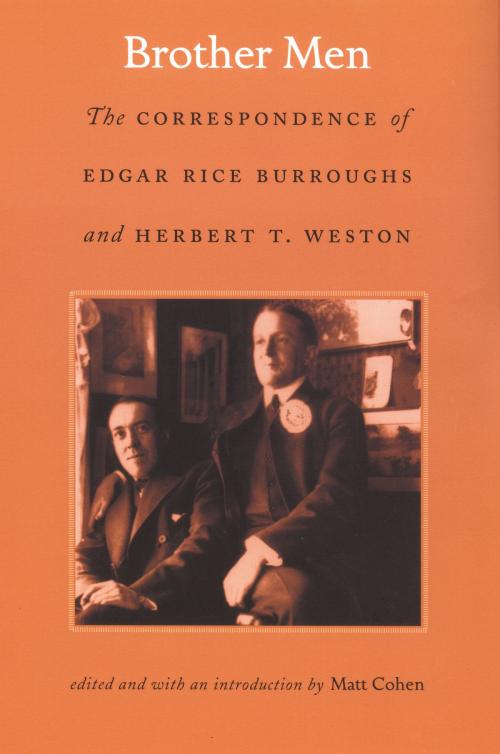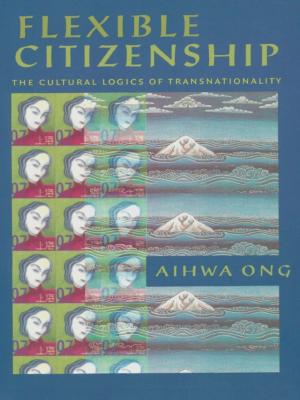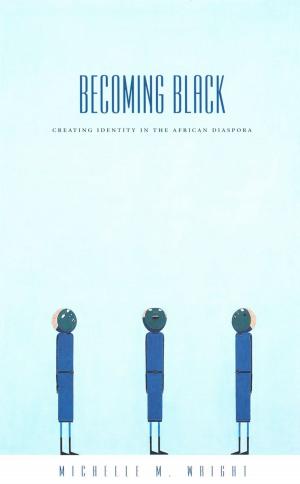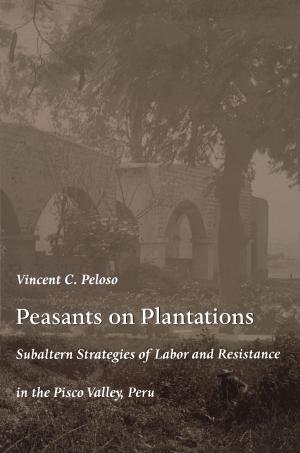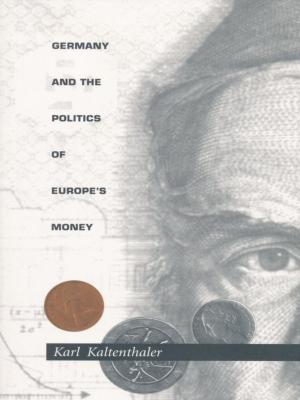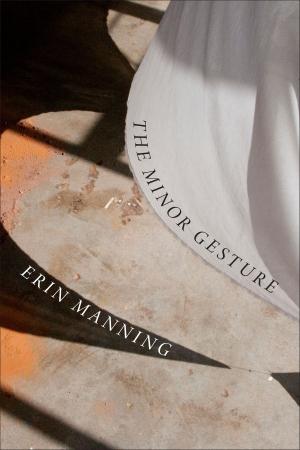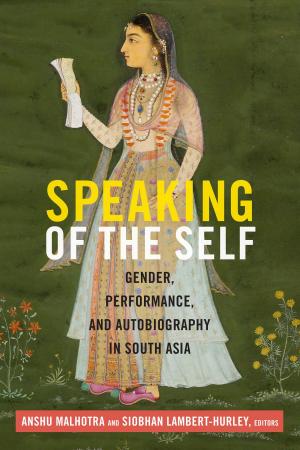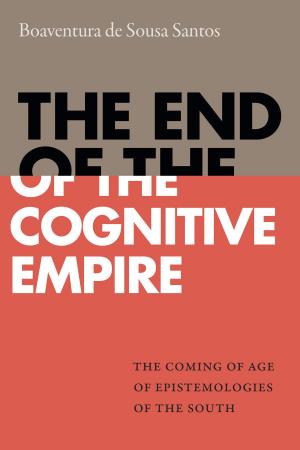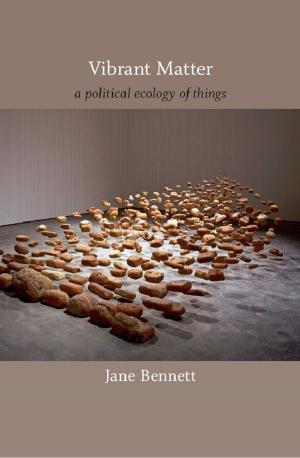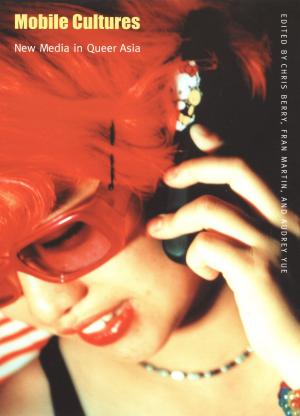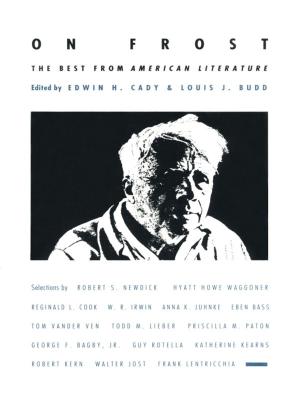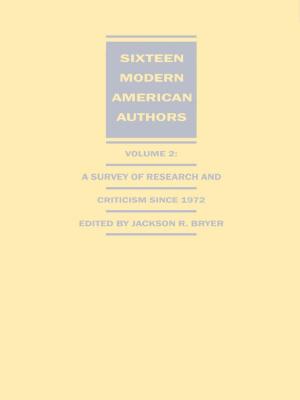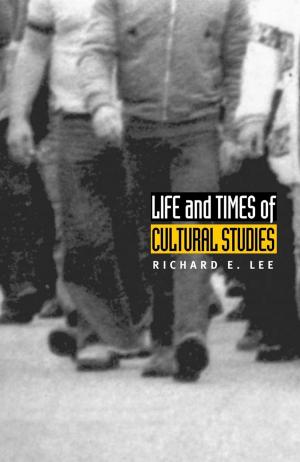Brother Men
The Correspondence of Edgar Rice Burroughs and Herbert T. Weston
Fiction & Literature, Literary Theory & Criticism, American, Essays & Letters, Biography & Memoir, Literary| Author: | Edgar Rice Burroughs, Herbert T. Weston | ISBN: | 9780822386469 |
| Publisher: | Duke University Press | Publication: | April 13, 2005 |
| Imprint: | Duke University Press Books | Language: | English |
| Author: | Edgar Rice Burroughs, Herbert T. Weston |
| ISBN: | 9780822386469 |
| Publisher: | Duke University Press |
| Publication: | April 13, 2005 |
| Imprint: | Duke University Press Books |
| Language: | English |
Brother Men is the first published collection of private letters of Edgar Rice Burroughs, the phenomenally successful author of adventure, fantasy, and science fiction tales, including the Tarzan series. The correspondence presented here is Burroughs’s decades-long exchange with Herbert T. Weston, the maternal great-grandfather of this volume’s editor, Matt Cohen. The trove of correspondence Cohen discovered unexpectedly during a visit home includes hundreds of items—letters, photographs, telegrams, postcards, and illustrations—spanning from 1903 to 1945. Since Weston kept carbon copies of his own letters, the material documents a lifelong friendship that had begun in the 1890s, when the two men met in military school. In these letters, Burroughs and Weston discuss their experiences of family, work, war, disease and health, sports, and new technology over a period spanning two world wars, the Great Depression, and widespread political change. Their exchanges provide a window into the personal writings of the legendary creator of Tarzan and reveal Burroughs’s ideas about race, nation, and what it meant to be a man in early-twentieth-century America.
The Burroughs-Weston letters trace a fascinating personal and business relationship that evolved as the two men and their wives embarked on joint capital ventures, traveled frequently, and navigated the difficult waters of child-rearing, divorce, and aging. Brother Men includes never-before-published images, annotations, and a critical introduction in which Cohen explores the significance of the sustained, emotional male friendship evident in the letters. Rich with insights related to visual culture and media technologies, consumerism, the history of the family, the history of authorship and readership, and the development of the West, these letters make it clear that Tarzan was only one small part of Edgar Rice Burroughs’s broad engagement with modern culture.
Brother Men is the first published collection of private letters of Edgar Rice Burroughs, the phenomenally successful author of adventure, fantasy, and science fiction tales, including the Tarzan series. The correspondence presented here is Burroughs’s decades-long exchange with Herbert T. Weston, the maternal great-grandfather of this volume’s editor, Matt Cohen. The trove of correspondence Cohen discovered unexpectedly during a visit home includes hundreds of items—letters, photographs, telegrams, postcards, and illustrations—spanning from 1903 to 1945. Since Weston kept carbon copies of his own letters, the material documents a lifelong friendship that had begun in the 1890s, when the two men met in military school. In these letters, Burroughs and Weston discuss their experiences of family, work, war, disease and health, sports, and new technology over a period spanning two world wars, the Great Depression, and widespread political change. Their exchanges provide a window into the personal writings of the legendary creator of Tarzan and reveal Burroughs’s ideas about race, nation, and what it meant to be a man in early-twentieth-century America.
The Burroughs-Weston letters trace a fascinating personal and business relationship that evolved as the two men and their wives embarked on joint capital ventures, traveled frequently, and navigated the difficult waters of child-rearing, divorce, and aging. Brother Men includes never-before-published images, annotations, and a critical introduction in which Cohen explores the significance of the sustained, emotional male friendship evident in the letters. Rich with insights related to visual culture and media technologies, consumerism, the history of the family, the history of authorship and readership, and the development of the West, these letters make it clear that Tarzan was only one small part of Edgar Rice Burroughs’s broad engagement with modern culture.
